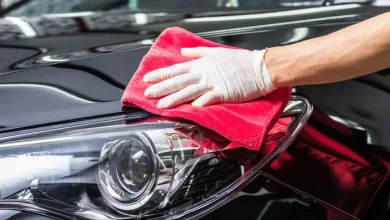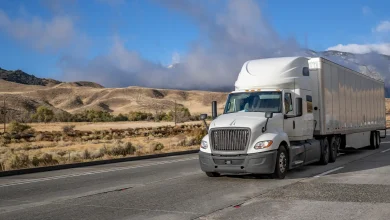The Ultimate Guide to Fuel Saving

Petrol and diesel are two of those uncommon commodities that tend to rise in price over time. Fuel costs have risen gradually over the last two years. One of the most efficient strategies to mitigate growing gasoline costs is to ensure that your car travels further on each tankful. To get more kilometers out of each liter of gasoline, pay attention to a few easy efficient driving techniques. The current trend is to blame the car for the bad mileage.
However, the fuel consumption of a car is also related to our own driving style. Certain cars are more fuel-efficient than others due to their body weight and engine capacity. Light hatchbacks, for example, are the most fuel-efficient automobiles because they weigh less and are powered by smaller engines, whereas SUVs weigh a lot more and require larger engines that consume more gasoline.
So, here are a few tips and tricks that can help you to save fuel:
Do not leave the car idle for long:
Even while the engine is idle, a vehicle wastes gasoline. As a result, it makes sense to cut off the engine at intersections, red lights, and traffic jams. Furthermore, restarting an engine consumes roughly the same amount of gasoline as idling a car for 30 seconds. As a result, it is preferable to save petrol by shutting off the engine.
Anticipate and Drive:
We must stop and start while driving, but the challenge is to keep the flow smooth. Examine the road ahead and pay attention to the traffic flow. You can plan your maneuvers and minimize excessive acceleration and braking by predicting how traffic will flow. Spot traffic lights early so you may let up on the gas and let the vehicle drift to a stop rather than braking harshly at the last moment.
Driving at a constant pace saves gasoline and allows you to catch up to quicker vehicles. Similarly, there’s no use in speeding past slower-moving traffic just to get stuck in a gridlock ahead.
Avoid Aggressive Driving:
Frequent acceleration, speeding, and braking can burn a substantial amount of fuel. These activities might reduce your fuel economy by up to 25% on highways and in cities.
Does the AC and heat use fuel?
It does, indeed. Use air conditioning only when absolutely necessary, as it consumes engine power and hence increases fuel consumption.
This applies to both heat and cooling, so try to dress for the weather, even if it’s just inside your car if fuel efficiency is important to you.
Keep Your Speed Under Control:
A variety of factors influence your fuel consumption, road friction, aerodynamics, engine efficiency, and so on. The amount of friction on the road also has a role. According to research, once a vehicle’s speed reaches 80 km/h, its efficiency plummets considerably. Given this, it’s ideal to limit your speed between 60 and 80 km/h, depending on the sort of road you’re driving on.
Regular Servicing is Required:
Every vehicle has to experience wear and tear over time due to usage. To keep that wear and tear in control and assist restore the vehicle to maximum functioning condition, it must be maintained on a regular basis for engine tune-ups, air filter cleaning, oil checks, and so on.
Carpool:
Improve Your Vehicle’s Aerodynamics:
Quality of Fuel:
Always inspect the gasoline quality before filling up your car. You may now examine the volume and density of petrol sold at any pump without paying. It is also good to fill up at a large company-owned petrol pump in the city. Avoid fueling up at small and suspicious-looking gas stations when driving on the highway.
Getting more kilometres out of each litre of petrol isn’t difficult, and it may even be enjoyable. Simply follow our step-by-step instructions.
Conclusion:
So that’s it for today, I have covered some fruitful tips that can help you in saving car petrol
Read more article at Articletab






